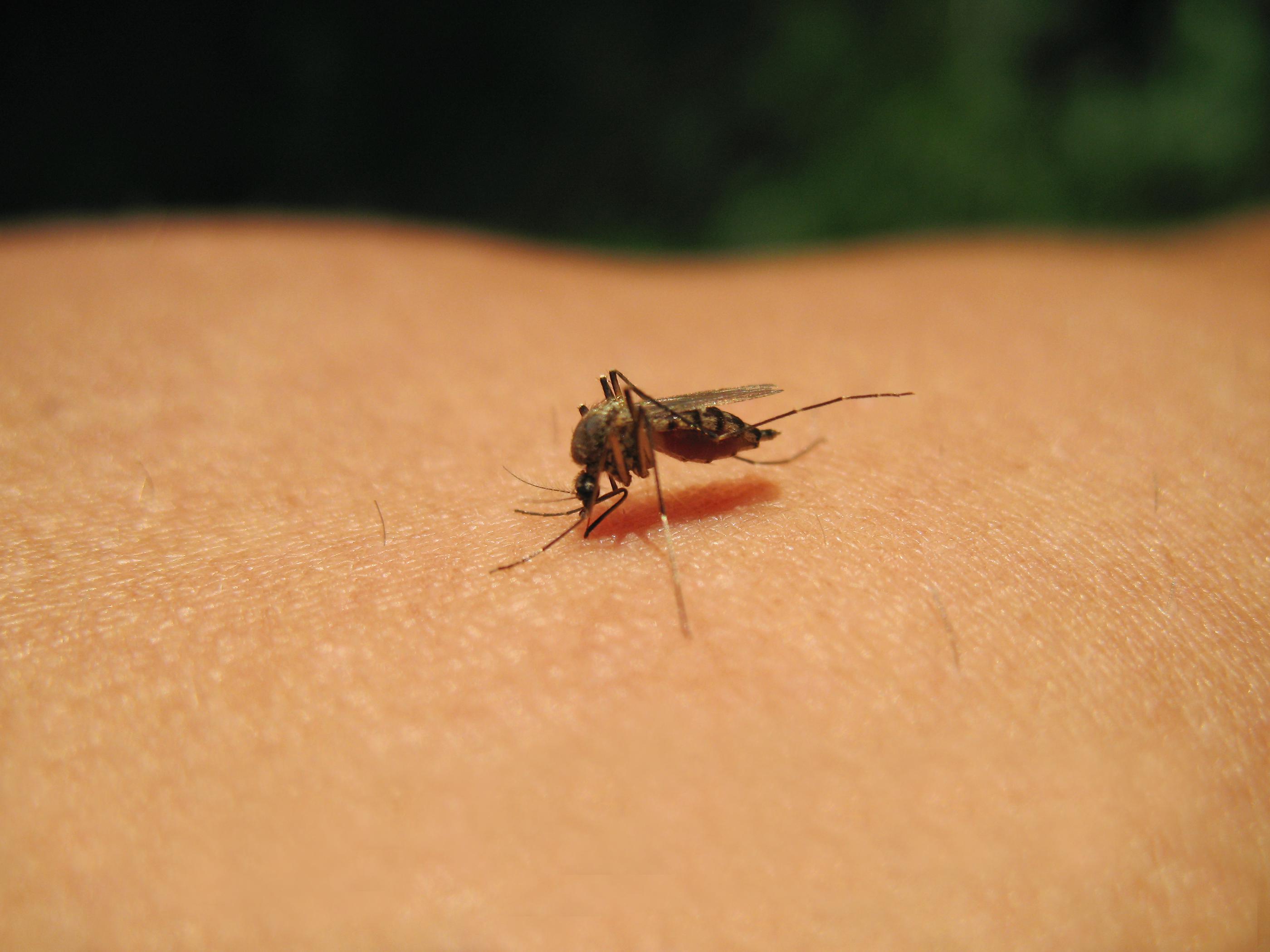What You Need to Know About the EEE Virus
Posted by Mosquito Squad
September 13, 2024

Mosquito Squad's Entomologist Emma Grace Crumbley hosted a live Q&A to answer questions about Eastern Equine Encephalitis, a mosquito-driven illness spreading throughout New England. Below are some of the questions our entomologist answered during the live event.
If you missed this live, you can watch the recording on our Facebook page!
To learn more EEE recent events, check out our recent feature in FoxNews.
Which type of mosquito carries EEE?
Eastern Equine Encephalitis (EEE) is spread through the bites of infected black-tailed mosquitoes (Culiseta melanura), which are found throughout the eastern and southeastern United States. According to the University of Florida Entomology & Nematology Department, these mosquitoes thrive in “lowland swamp areas from southern Quebec through Maine and the Great Lakes area to southern Florida and as far west as eastern Texas.”
How rare is EEE?
Relative to other mosquito-borne diseases, EEE is rare to contract. In 2023, the United States saw only seven human cases of EEE, one of which was fatal. However, this year, we have already seen ten human cases as of publishing this blog.
How can someone tell if they have EEE?
For individuals who contract EEE, symptoms range from mild to severe. Some may experience flu-like symptoms, such as fever, headache, nausea, and fatigue, or no symptoms at all. Severe cases, however, can range from behavioral issues to neurological problems like seizures, inflammation of the brain, and coma.
What is the prognosis of people who get EEE?
Severe EEE cases have a 30% fatality rate. Survivors of EEE have ongoing neurological problems that can greatly impact cognitive functions and quality of life.
Are pets easy targets for EEE?
Dogs and cats can both contract EEE if bitten by infected mosquitoes. However, pet cases are rare. Animals experiencing fever, lethargy, behavioral changes, and seizures should be taken to a veterinarian immediately.
Does the rise in EEE cases this year automatically increase the risk for EEE next year, in 2025?
It's hard to say if the increase in EEE cases this year will indicate even more cases next year. Many factors contribute to mosquito-borne disease transmission. Mosquitoes thrive in warm, wet weather, and wet winters and springs can lead to increased mosquitoes in the following summer and fall. The EEE virus also relies on the relationship between birds and mosquitoes. Infected bird populations pass the disease to mosquitoes and vice versa, so events that affect local bird populations may also impact EEE’s prevalence.
What can people do to protect themselves from EEE?
The best way to protect yourself from EEE or any mosquito-borne illness is to prevent mosquito bites. Wearing EPA-registered bug sprays and long clothes to cover exposed skin makes it harder for mosquitoes to bite you. Avoiding high-risk areas for EEE and staying inside during peak mosquito hours (dawn and dusk) also decreases your risk of being bitten. Finally, protecting your outdoor spaces by working with a professional mosquito control company, like Mosquito Squad, helps ensure your yard isn't harboring mosquitoes.
